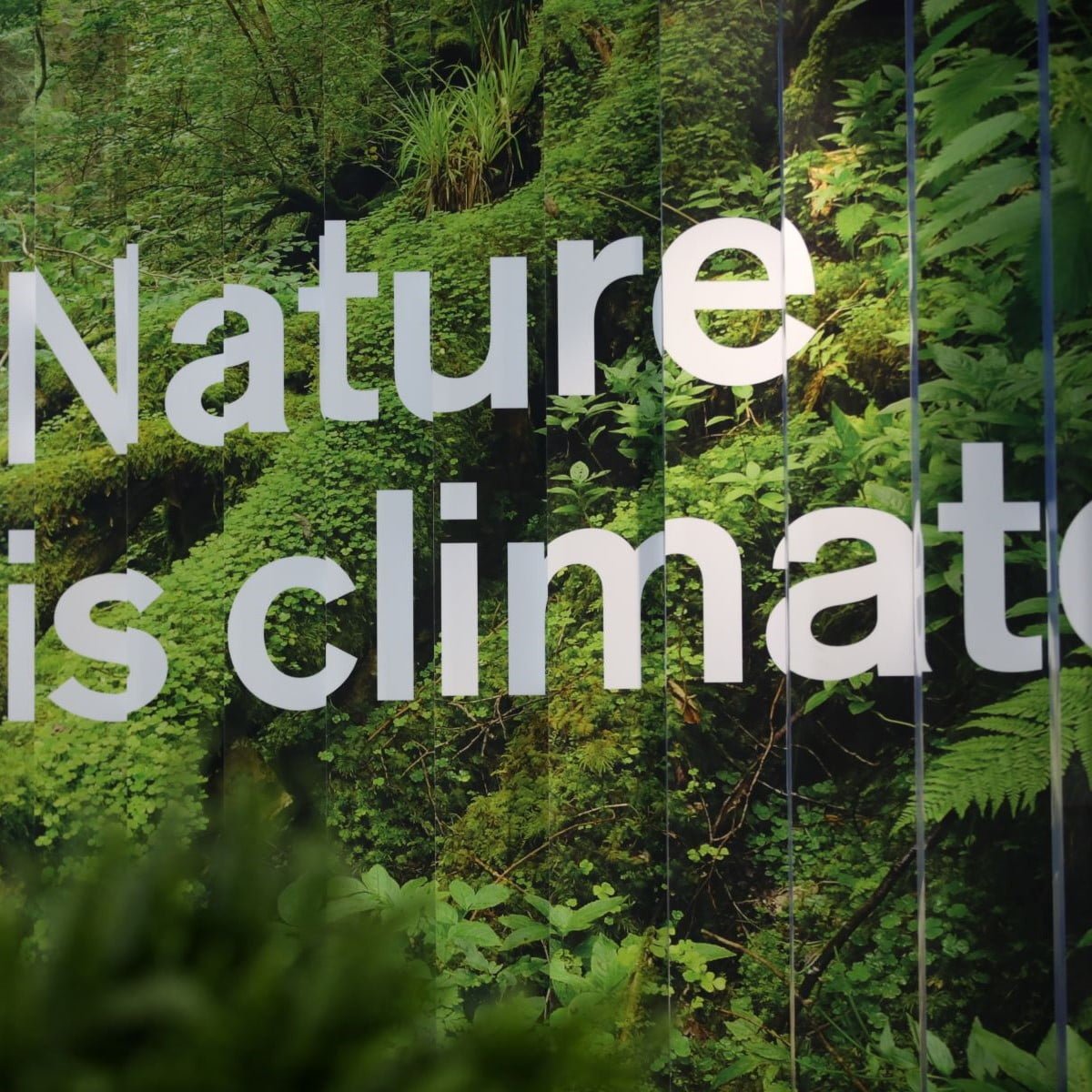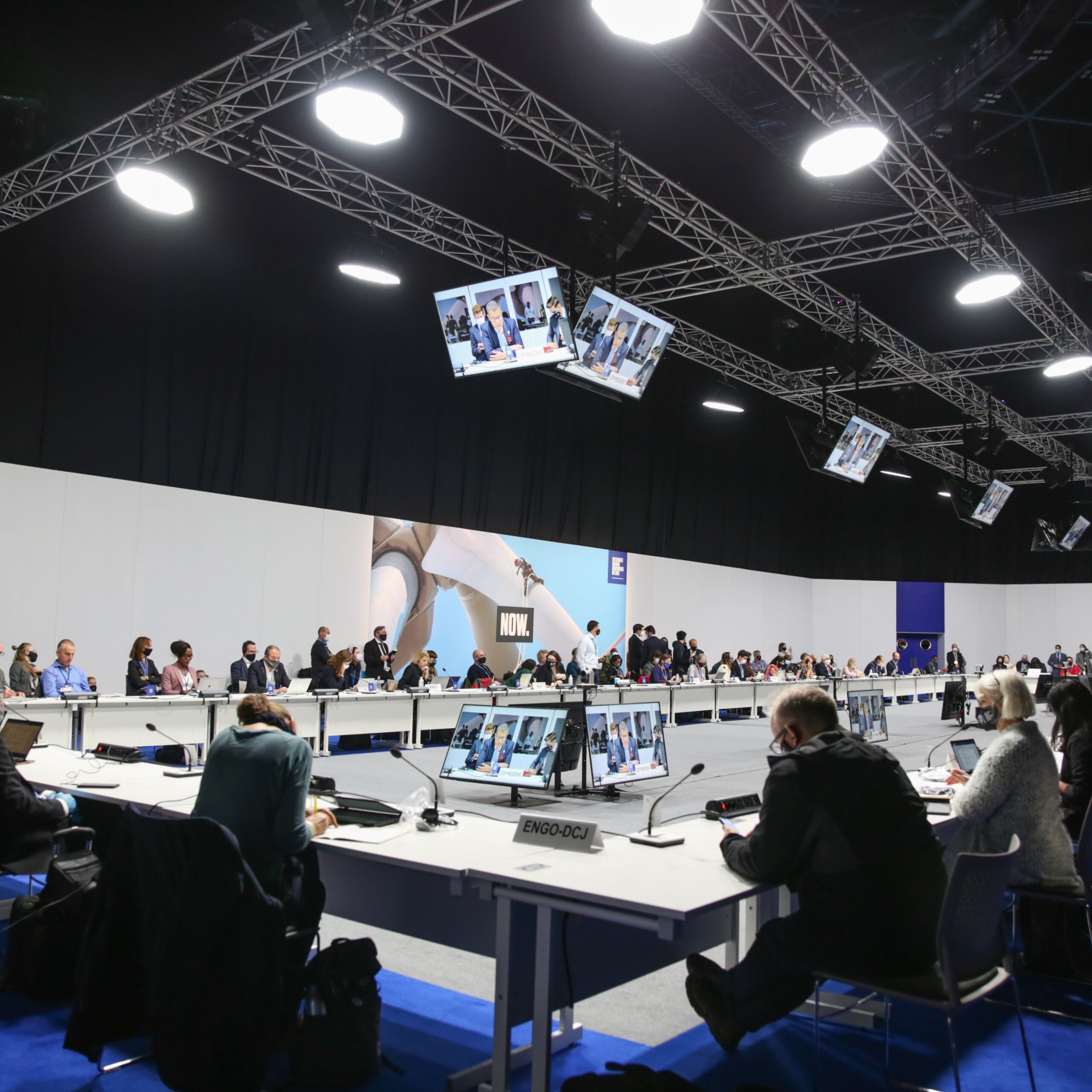December 2021

Post COP26 Analysis: A Focus on Nature
COP26 Landmark forests declaration now covers 90% of forests globally Climate change and nature recognised as…

Post COP26 Analysis: A Focus on Adaptation, Loss and Damage
Adaptation finance progressed, but not enough to cover adaptation costs. Loss and damage was a major…

What Barriers Can Be Expected To The Community-Based Water Management Programme Implemented In The Ounila Catchment?
This thesis analyses the formal and informal barriers faced by the Community-based Adaptation (CBA) programme implemented…

Climate Responsibility: Strengthening the Existing Frameworks
Although the Paris Agreement rules that states must all do what they can to keep global…

What Is The C40 Cities Group & What Has It Achieved?
C40 CITIES is a global network of cities aiming to identify and replicate urban climate action.…

CO2 Standards For Passenger Cars And Vans
The EU is leading the way regarding emission standards. CO2 emissions regulations have been in place…




